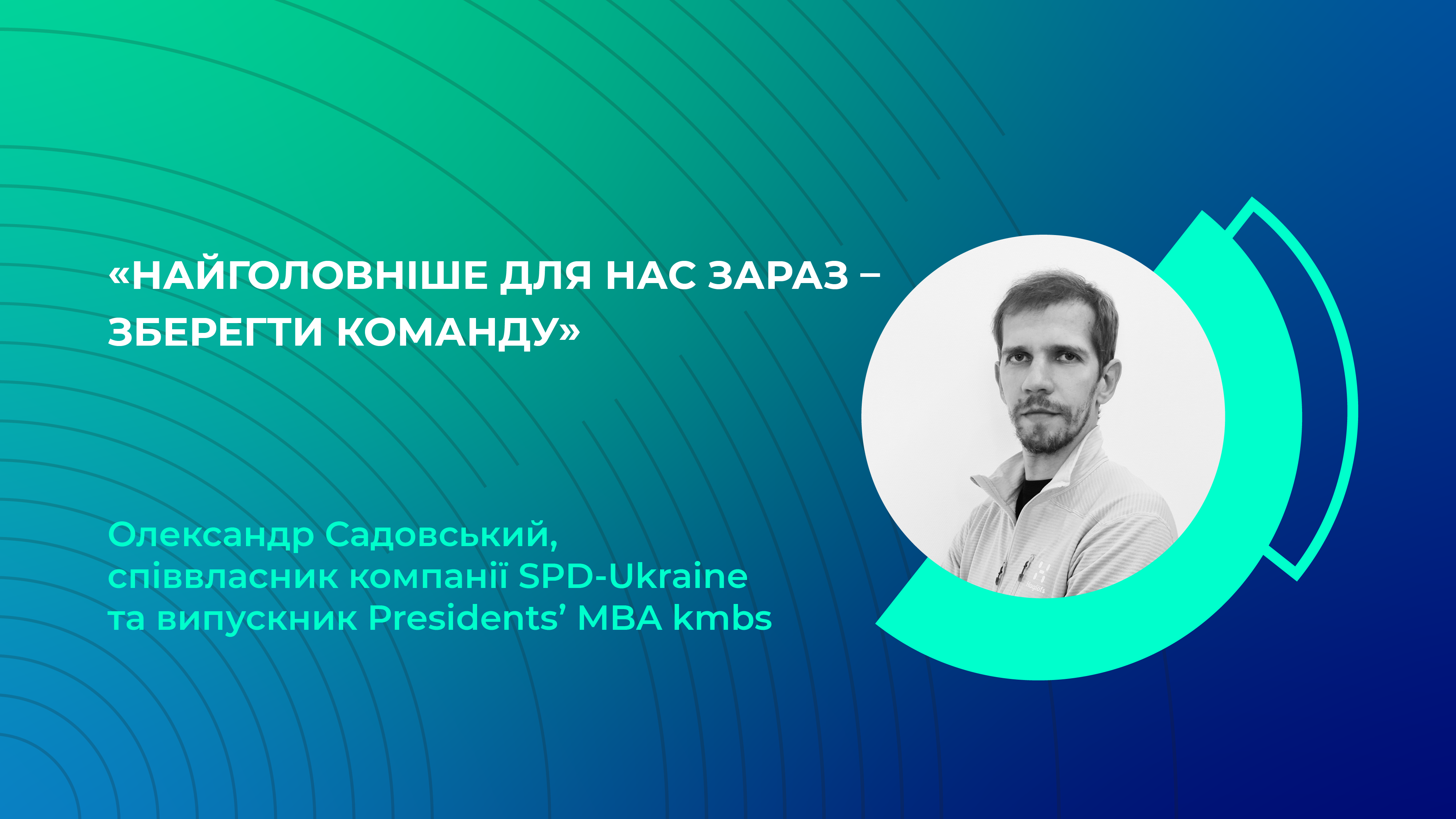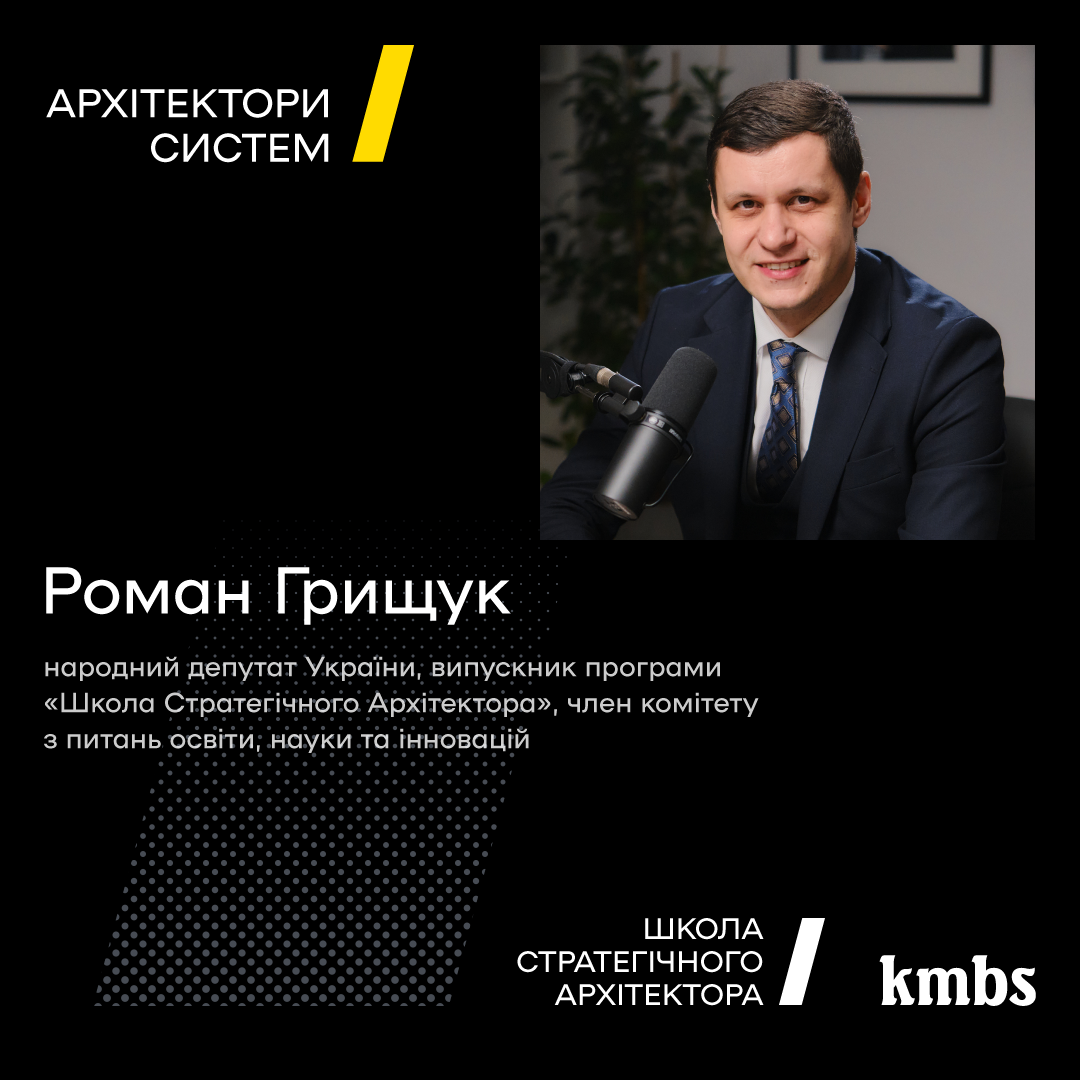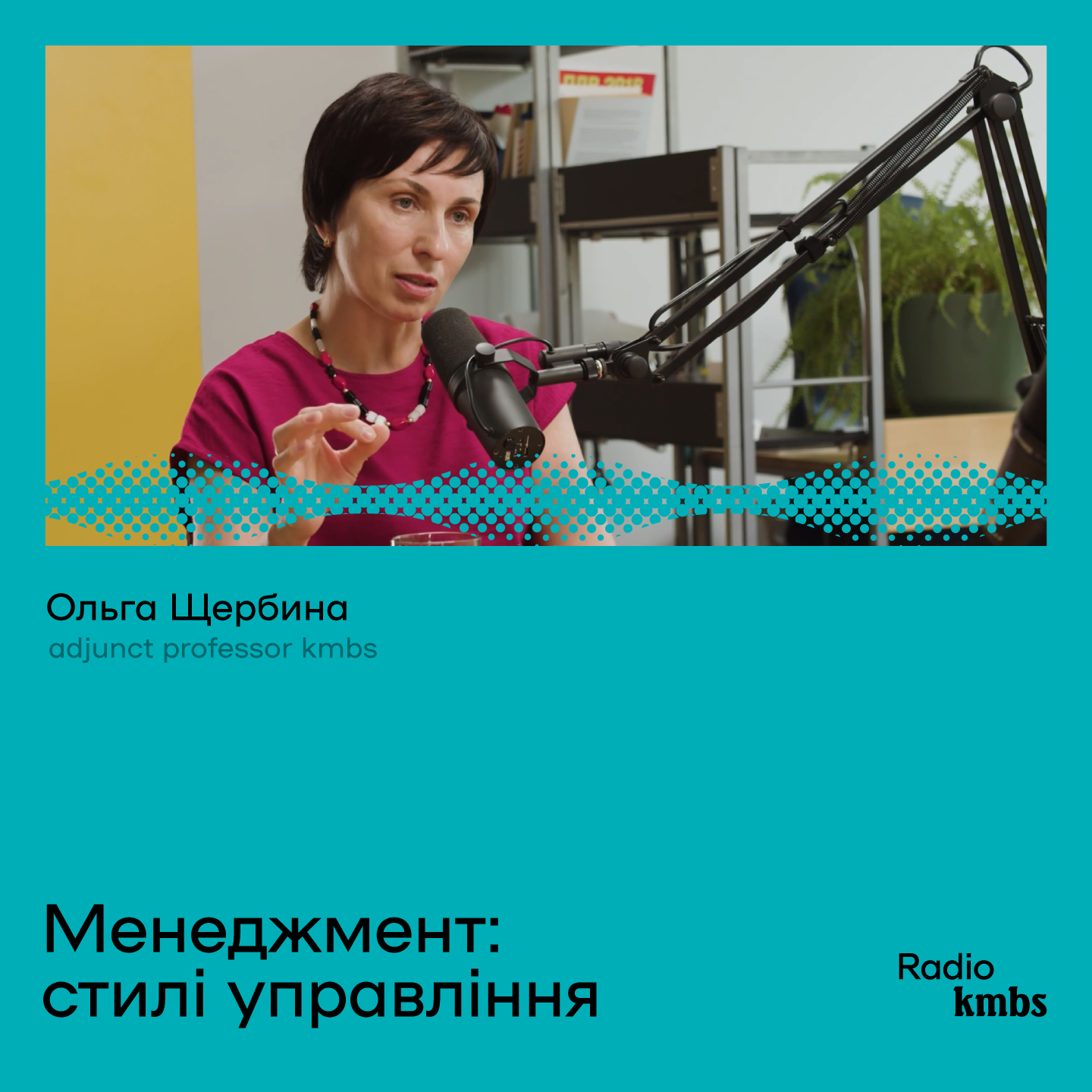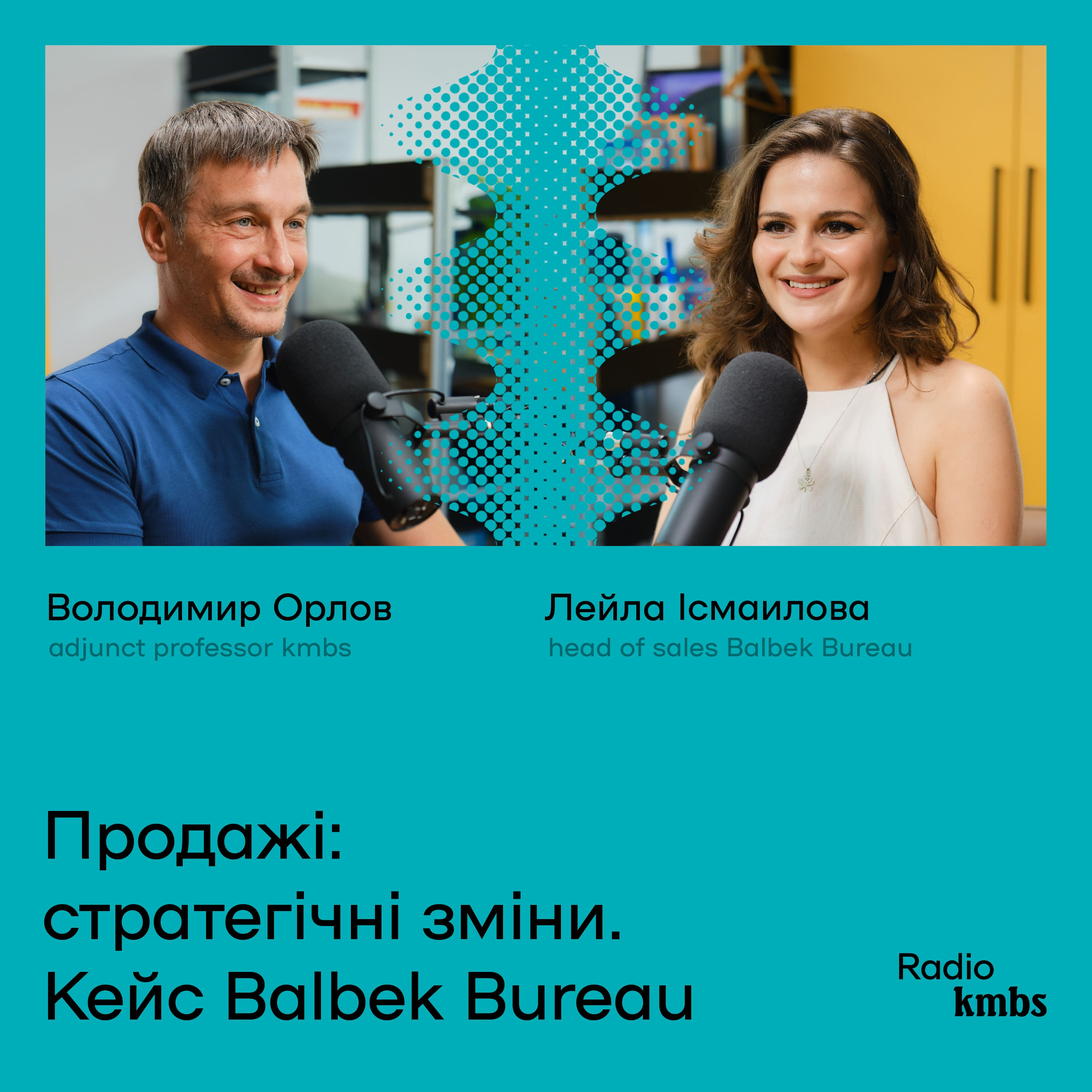Quarantine and the transition to remote work were challenging for many businesses. Even IT companies that used to work remotely faced a number of difficulties. Oleksandr Sadovsky, co-owner of SPD-Ukraine and Presidents ’MBA kmbs graduate, told how his business has changed in the new environment.
About remote work
Our company has two offices in Cherkasy and one in Kyiv. When the quarantine started, we sent home all the teams in both cities. Since our company is engaged in IT, remote work is not somewhat new for us. We already had the set infrastructure, and before the quarantine, IT service checked everything again. Therefore, transition to remote work was smooth.
We did not notice a decrease in the engineers performance. As for administrative and service employees (for example, office managers), they have much less work during quarantine. On the contrary, HR managers have more of it. Therefore, we made a list of HR-tasks (to do analytics, to conduct surveys, etc.) and asked employees who had free time during the quarantine to join their implementation.
In my opinion, under conditions of remote work, the main thing is constant communication with the team. Especially if you have never had a habit of setting tasks for employees and communicating online before. Fortunately, there are enough tools for that. We use the enterprise edition of Google Hangouts or Slack for some projects.
About business context
In general, currently everything is stable in our company. However, we should be aware that business does not exist in a vacuum, it is derived from the customers' business, and their business is derived from the global economy. IT business is still reduced to a person for whom value is created at the end of the chain. For example, for one customer we develop SMART-terminals to be used in offline sales. And if physical stores do not work, then, in the end, it will affect us.
Our main customers are from the United States and Israel, and the crisis has hit them hard enough. We already feel the first signs of a recession: some customers have started asking for discounts, some are cutting certain initiatives. We have already given a discount to some of them, and are negotiating with others.
None business exists in a vacuum, it is derived from the customers' business, and their business is derived from the global economy.
No one knows the way the situation will develop, so the risks are ‘suspended in the air’. Currently, we communicate a lot with customers to understand what is happening to them. For example, we see that they freeze the process of hiring new employees, waiting for the things to happen next.
Among our customers are two large public companies that have underlying strength. The situation is stable with those businesses, with which we have been building relationships for years. With smaller companies, startups, the situation is more difficult. But we expect that even under conditions of quarantine they would operate at least until the end of the year, if there are no large-scale force majeure circumstances.
Due to quarantine, we have partially reduced our fixed costs: for office rent (we were given discounts), for expensive parking slots in Kyiv, office supplies, events conduct and more. We have also reduced investment to a great extent. This mode of savings helps to balance the downfall in income.
About priorities
We have plans for a year (quite specific ones) and for 5 years (rather visionary ones). We have not reviewed them yet officially, but we have already discussed internally that the annual growth plans will not be fulfilled.
Nowadays, our planning is rather situational. The main tasks today are to enlist our customers' support and to agree with them on the terms of cooperation by the end of the year. Of course, no one can guarantee anything, so we are getting ready for a scenario where all our customers will ask for a discount.
We are also trying to develop sales channel, but currently this direction is not developing the way we planned. In fact, all this has a positive aspect: we can take a step back and reflect as we always lacked time for that before.
Our main priority in the current environment is to keep the team. To do this, we optimize costs, reduce investment. Even if some our customers cancel their projects, we do not want to lose people. All in all, the market will recover, and if we have a team, we will be able to take advantage of the opportunities quickly. And if we need to hire people again, we will lose months or even years.
Under conditions of remote work, the main thing is constant communication with the team. Especially if you have never had a habit of setting tasks for employees and communicating online before.
About charity
Most of our employees are in Cherkasy, so most of activities related to our brand take place there. The same goes for charity: the projects we invest in are mostly Cherkasy related.
When the quarantine started, we discussed with other members of Cherkasy IT cluster what could be done to help hospitals. At first we thought of buying medical ventilators, but it turned out to be not so simple: even if you have money, you will not be able to buy and just give it to the hospital – too much bureaucracy.
Trustworthy charitable foundations quickly appeared in Cherkasy. It is easier to do this individually, and not on behalf of the company (for fiscal and bureaucratic reasons), so we decided that each of us will help the Cherkasy against COVID-19 foundation separately as individuals. This fund procures masks, protective equipment, medical ventilators for hospitals.
Subjectively, the situation in our region is quite calm. It seems that we are much less afraid now than we have been a month ago. Maybe we got used to it, or maybe we are just tired of being afraid.
About business after pandemic
I try to feel optimistic about the future. Of course, if the world economy ‘lies down’, it will be bad for all business. But if we gradually get out of quarantine, it is likely that some people will wish to continue working from home, at least in part (for example, half a week). After all, even those who could not imagine themselves working remotely before, now felt its benefits: no need to spend time commuting, being caught in traffic jams and so on. Accordingly, after the quarantine it will be possible to reduce the rented office space and to save a lot of money.
I can already see that the attitude towards outsourcing is changing. Earlier, we were sometimes looked down on: for example, American employees looked this way at those working in Ukraine. Some believed that remote work was ineffective, or did not understand the way it can be used. And now everyone is on equal terms. Accordingly, there appeared understanding and communication between people also improved. This is likely to give boost to the development of outsourcing on the global scale.
There are many areas growing rapidly nowadays (for example, delivery services) that may disappear just as quickly. But this does not apply to e-commerce. E-commerce development will be a long-term process. But it will not be about any specific technologies, but about digital transformation and management decisions. No need to create new online stores – there are enough platforms for that. The main thing for the company is to have the right strategy.










